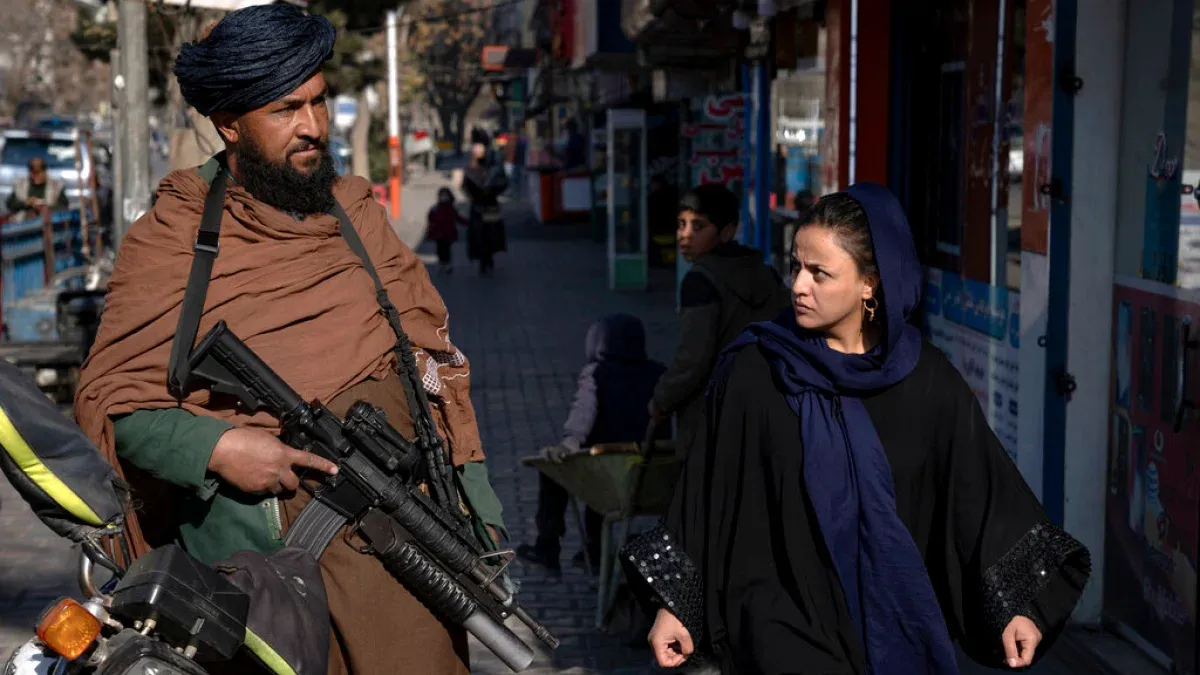UN: Female Afghan Employees Detained Since Taliban Ban
In a report published on Tuesday, the UN claimed that some of its female staff members had been detained, harassed, and had restrictions placed on their movements since being banned by the Taliban from working for the world body last month.

Facts
- In a report published on Tuesday, the UN claimed that some of its female staff members had been detained, harassed, and had restrictions placed on their movements since being banned by the Taliban from working for the world body last month.1
- In the report, the UN alleged that Afghanistan's Taliban government was committing "a series of discriminatory – and unlawful – measures... with the goal of severely restricting women and girls’ participation in most areas of public and daily life.”1
- The report also mentioned four women who were arrested in March for participating in a Kabul protest that called for access to education and work and criticized the arrest of Matiullah Wesa, head of PenPath, a civil society organization campaigning for the reopening of schools for girls.2
- Several civil society activists who were reportedly detained without charges for extended periods of time by the Taliban's intelligence service have been released, reportedly without being charged, according to the report.2
- The UN has repeatedly criticized the Taliban for its treatment of Afghan women and girls, saying that they face “extreme institutionalized gender-based discrimination.” Women are prohibited from being in schools above sixth grade, including universities, and are barred from working at the UN and NGOs.3
- The Taliban banned women from working with the UN last month, with the international body responding by instructing all of its personnel — men and women — to avoid reporting to its premises in the country.4
Sources: 1Associated Press, 2Al Jazeera, 3UN News, and 4CNN.
Narratives
- Narrative A, as provided by UN News. The UN is doing all it can to aid the people of Afghanistan, but the Taliban is continuously making the mission harder, seeking to force the organization to choose between staying to help the Afghan people and upholding its own principles. Any negative consequences emerging from this crisis will be the responsibility of the Taliban-appointed authorities.
- Narrative B, as provided by Lowy Institute. It's certain that the situation in Afghanistan has been deteriorating, but this crisis will only worsen if the UN decides to pull out of the country. The only way forward is to move beyond the International community's current reactive approach and, instead, restore an active diplomatic presence in the nation to negotiate with Taliban representatives and find solutions.






